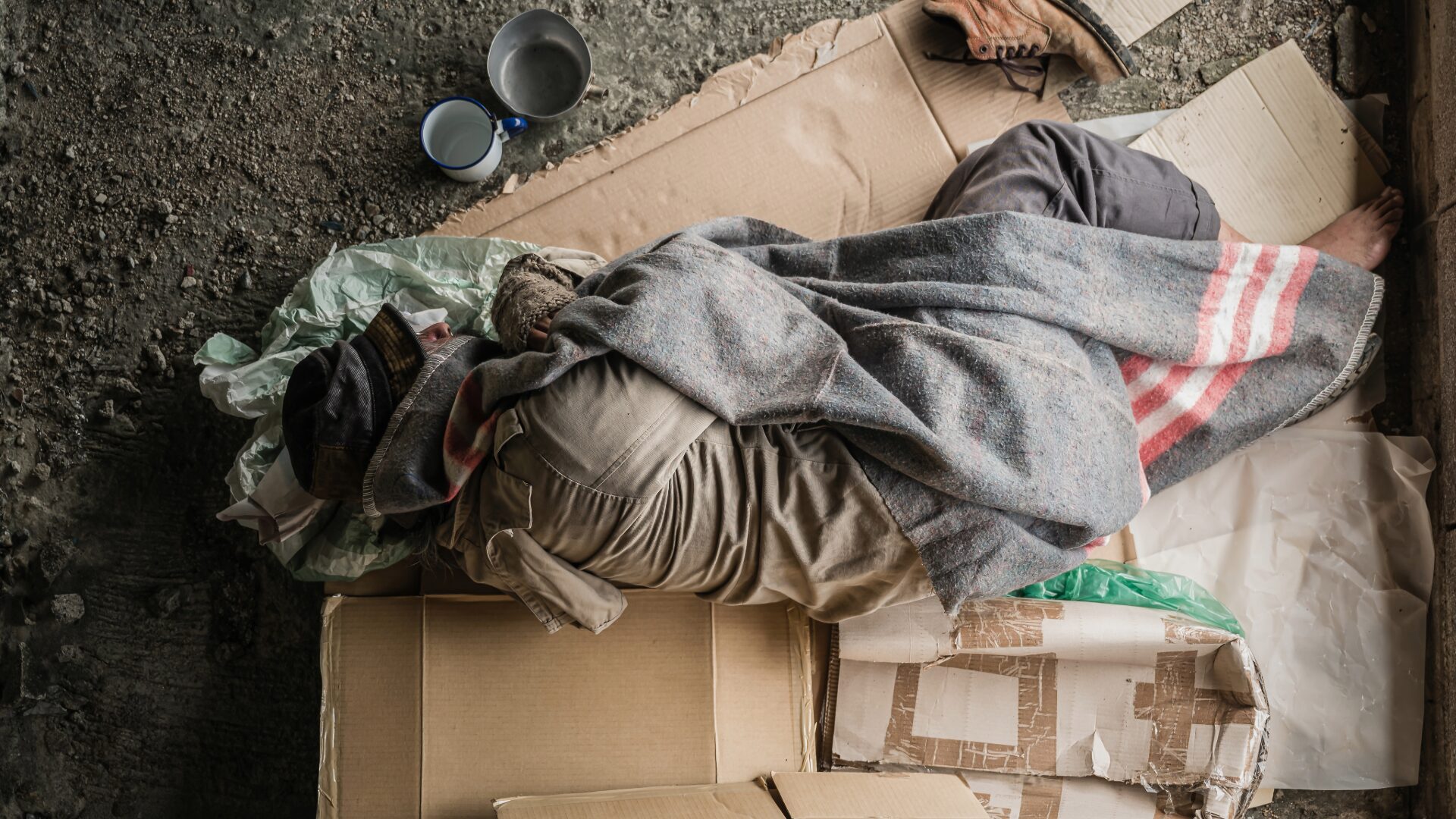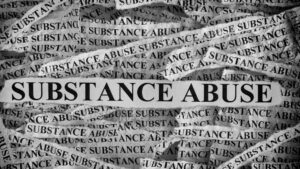Veteran homelessness is a complex and pressing issue in the United States, affecting tens of thousands of former service members annually. Among the many contributing factors, substance abuse stands out as both a cause and consequence of homelessness among veterans. Understanding this intricate relationship is essential for addressing the root causes of veteran homelessness and implementing effective solutions.
The Connection Between Military Service and Substance Abuse
Military service can expose individuals to high levels of stress, trauma, and physical injuries. Veterans often face unique challenges, including combat-related post-traumatic stress disorder (PTSD), chronic pain from injuries, and difficulty transitioning to civilian life. These factors can make veterans more susceptible to substance abuse as a coping mechanism. For example, alcohol, opioids, and other drugs may be used to self-medicate symptoms of PTSD or manage pain, potentially leading to addiction.

Substance Abuse as a Pathway to Homelessness
Substance abuse can contribute to homelessness in several ways:
- Financial Instability: Addiction often leads to job loss, diminished earning capacity, and the depletion of financial resources, leaving veterans unable to afford housing.
- Strained Relationships: Substance abuse can cause conflicts with family members and friends, leading to the loss of crucial support networks and stable living environments.
- Legal Issues: Drug-related offenses or DUIs can result in incarceration or legal fees, further destabilizing veterans’ lives and housing situations.
- Health Problems: Long-term substance abuse can lead to serious physical and mental health issues, making it difficult for veterans to maintain steady employment and housing.
Homelessness and Its Impact on Substance Abuse
The relationship between substance abuse and homelessness is cyclical. Homelessness often exacerbates substance use as veterans turn to drugs or alcohol to cope with the stress, isolation, and hardships of living on the streets. This vicious cycle creates significant barriers to recovery and stable housing.
Addressing Substance Abuse to Combat Veteran Homelessness
Efforts to reduce veteran homelessness must include targeted interventions to address substance abuse. Key strategies include:
- Access to Treatment: Expanding access to affordable, evidence-based addiction treatment programs specifically designed for veterans is crucial. Programs should address co-occurring disorders like PTSD and addiction.
- Supportive Housing: Housing-first initiatives that provide stable, substance-free environments can give veterans a foundation for recovery and reintegration.
- Peer Support Networks: Connecting veterans with peer support groups and mentors who understand their unique challenges can foster a sense of community and accountability.
- Employment Assistance: Job training and placement programs tailored for veterans can help them regain financial stability and self-sufficiency.
- Preventative Measures: Early intervention programs for active-duty service members and recently discharged veterans can reduce the likelihood of substance abuse and homelessness.
The Role of Organizations Like Northwoods Veterans Homestead
Organizations such as Northwoods Veterans Homestead are crucial in addressing the intertwined challenges of substance abuse and homelessness among veterans. While still in its early stages, Northwoods Veterans Homestead serves as a facilitator, connecting veterans with resources and support systems that enable them to rebuild their lives. By fostering partnerships with local and national organizations, Northwoods Veterans Homestead helps veterans access stable housing, treatment programs, and peer support networks tailored to their needs. These efforts empower veterans to recover from addiction, regain independence, and find long-term stability.
Rather than directly providing services, Northwoods Veterans Homestead works collaboratively to enhance the reach and impact of existing resources. This approach ensures veterans receive comprehensive and effective support while addressing the root causes of homelessness.
Community and Policy-Level Solutions
Collaboration between government agencies, non-profits, and local communities is essential to tackling veteran homelessness. The Department of Veterans Affairs (VA) and organizations like the National Coalition for Homeless Veterans (NCHV) play pivotal roles in providing resources and advocating for policy changes. Initiatives such as the VA’s Substance Use Disorder Treatment programs and HUD-VASH (Veterans Affairs Supportive Housing) are examples of effective collaborations.
In Conclusion
Substance abuse is both a cause and consequence of veteran homelessness, creating a challenging cycle that requires comprehensive and compassionate solutions. By addressing the underlying issues, such as trauma, financial instability, and lack of support networks, we can create a pathway to recovery and stability for our nation’s veterans. Organizations like Northwoods Veterans Homestead demonstrate the importance of community-driven initiatives in breaking the cycle of addiction and homelessness. As a facilitator, Northwoods Veterans Homestead exemplifies how collaboration and resource coordination can make a meaningful difference. Breaking the cycle of addiction and homelessness is not just a moral imperative but a societal responsibility to honor those who have served.






